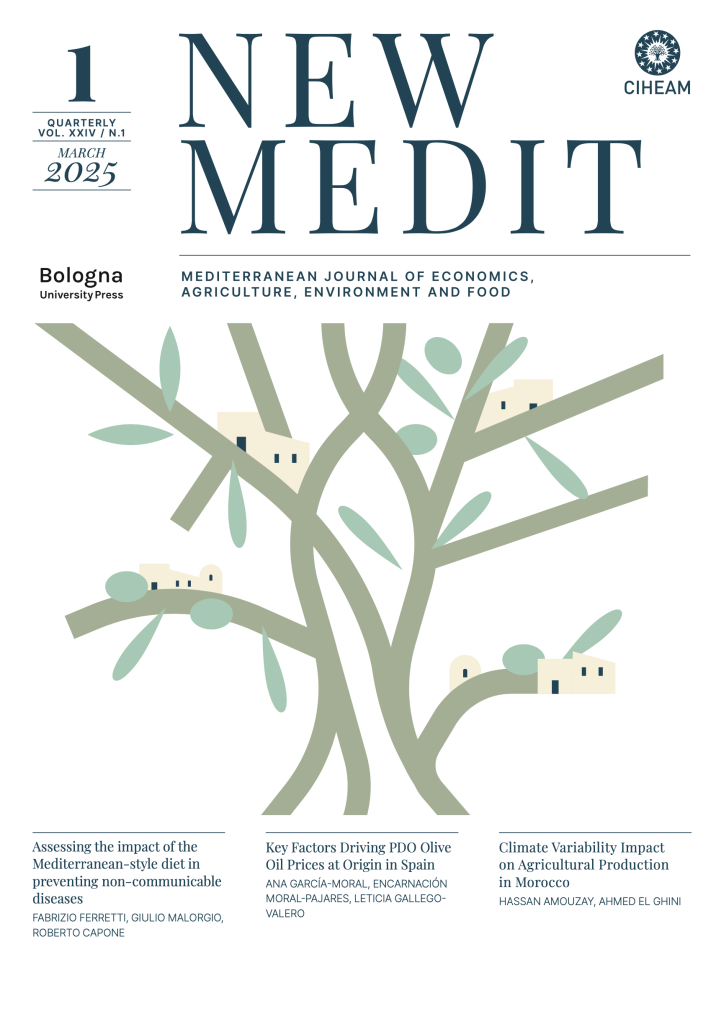Product diversification, technical efficiency and education of maize farmers in Italy
New Medit, vol 14, n.4, (December 2015), pp. 28-35
Language: EN
Jel classification: Q12, O3
In this study we investigate the effects of the decision to adopt product diversification strategies on the technical efficiency of farm production. Our measure of efficiency is derived from estimated stochastic multiproduct, output-oriented distance function. The model is applied to a sample of 1892 Italian commercial farms producing maize. Results show that the distribution of efficiency scores is more concentrated in non-diversified rather than in diversified farms and that, at a low efficiency level, diversified farms present a negative gap compared to non-diversified farms. In addition, results exclude that the efficiency differential observed at a different education level is ascribable to differences in composition of the two groups of farms rather than to differences in the response associated with the characteristics observed. It is recommended that policies be formulated to assist farmers in coping with the increased complexity of their diversified farm business and, especially, in taking on new experience and knowledge outside the agricultural markets and products.
farm efficiency, stochastic frontier, distance function, quantile regression, maize farm











